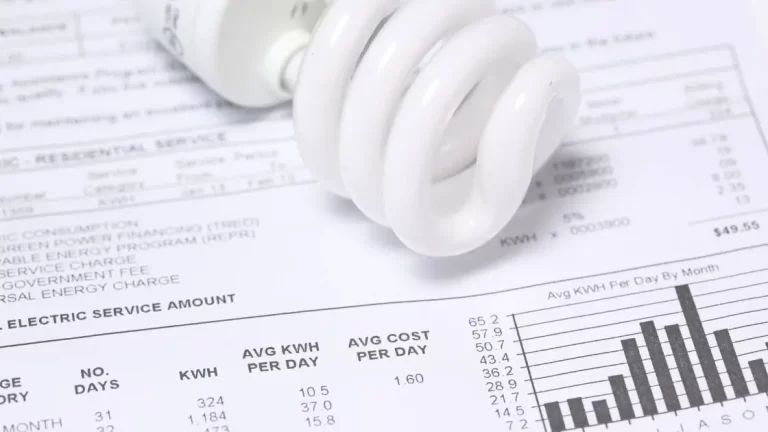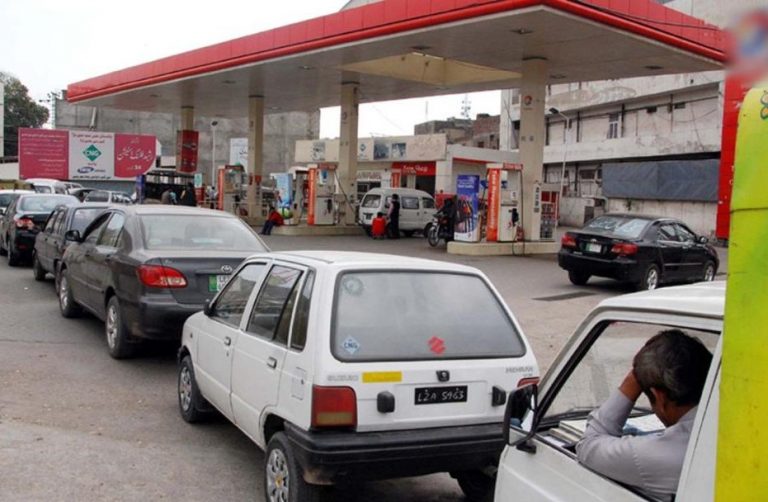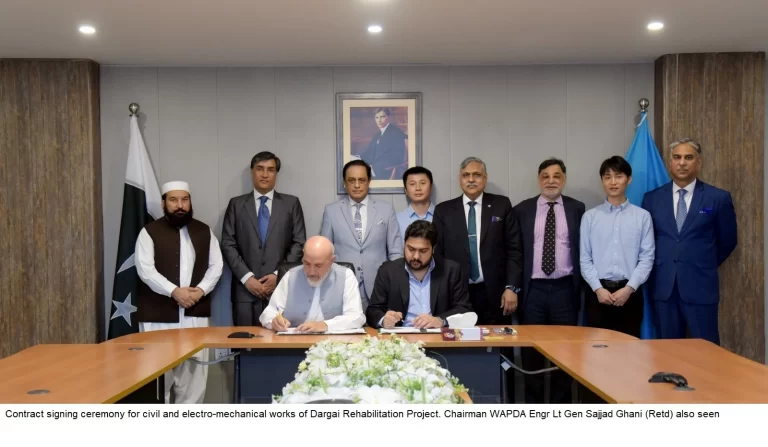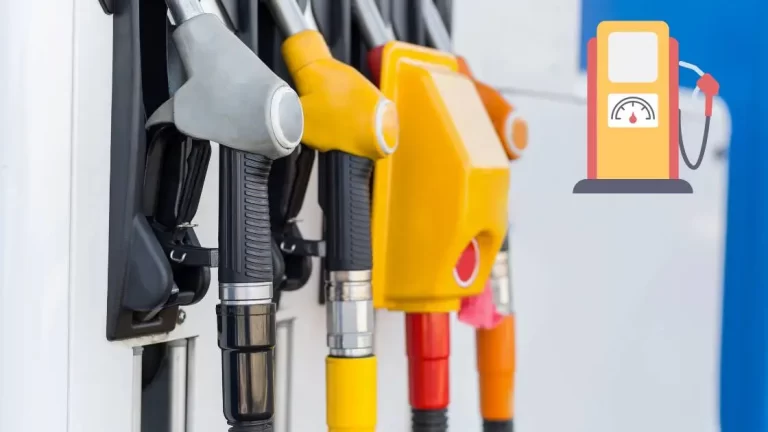Power Firms Add Rs 396b to Circular Debt
Staff Report
State of Industry report 2023 reveals that Inefficient power distribution companies, plagued by bad governance, have been a major factor in the addition of Rs. 396 billion to the circular debt during the financial year 2022-23.
While high losses accounted for Rs. 160 billion, the inadequate recovery of electricity bills added Rs. 236 billion to the circular debt during the same period.
Recognizing the urgency, the power regulator has recommended a forensic audit to hold staff accountable, aiming to ensure transparency and efficiency in the distribution network.
DISCOs Fail to Meet Targets, Escalating Circular Debt Burden
According to the Industry Report 2022-23 released by Nepra, most Distribution Companies (DISCOs) failed to meet Transmission and Distribution (T&D) loss targets, significantly burdening the Circular Debt.
Entities like PESCO, TESCO, and SEPCO stand out with notable losses, contributing an additional Rs. 160.49 billion to Circular Debt. Specifically, PESCO alone contributed Rs. 77.35 billion to the Circular Debt.
Breakdown of Contributions to Circular Debt
Breaking down the contributions, PESCO incurred a loss of Rs. 77.3 billion, LESCO Rs. 21.9 billion, MEPCO Rs. 7.9 billion, HESCO Rs. 15 billion, SEPCO Rs. 20.38 billion, and QESCO Rs. 21.21 billion.
Circular Debt Surges to Rs. 2.31 Trillion
As of June 30, 2023, the circular debt has surged to Rs. 2.309 trillion from Rs. 2.252 trillion in FY 2021-22. Current defaulters owe around Rs. 900.821 billion, posing a significant challenge.
The government must address this issue by ensuring timely subsidy payments and exploring innovative solutions to minimize losses, as recommended by the power regulator.
Recovery Challenges: Additional Burden of Rs. 236 Billion
The recovery rate in FY 2022-23 stood at 92.4%, resulting in an additional Rs. 236 billion added to the Circular Debt.
The power regulator suggests that the government, as the owner of DISCOs, should consider outsourcing recovery tasks and focus on addressing inefficiencies to curb the accumulation of Circular Debt.
Mounting Receivables and Transparency Concerns
Receivables for DISCOs rose to approximately Rs. 1,727,104 million in FY 2022-23. Concerns about potential billing manipulation highlight the need for transparent billing and collection practices.
The regulator recommends establishing committees with independent professionals to ensure accurate receivables.
Condemnation of Load-Shedding Based on AT&C Losses
The power regulator strongly condemns load-shedding based on AT&C losses and urges DISCOs to focus on resolving inefficiencies rather than resorting to arbitrary reductions.
To reinforce transparency and efficiency, a forensic audit has been recommended to hold staff accountable.
Pending Connections Impact Grid Integration
DISCOs’ failure to provide new connections as per PSDR 2005 has led to a substantial backlog, impacting grid integration.
Accountability measures, including penalties for negligence and rewards for exemplary performance, are deemed necessary to address this issue.
Safety Concerns Prompt Fines and Investigations
In FY 2022-23, 163 fatalities were reported in DISCOs. Comprehensive investigations resulted in fines, compensation to bereaved families, and directives for safety improvements.
Grounding of poles/structures and a focus on safety are deemed essential to prevent accidents.
Private Sector Involvement Recommended
To address challenges in DISCOs, the power regulator recommends involving the private sector.
Governance issues and inefficiencies contribute to circular debt, emphasizing the need for concerted efforts to improve DISCOs’ performance.
Investment and Advanced Metering Infrastructure (AMI) Initiatives
The Authority has sanctioned a five-year investment plan of Rs. 375 billion for IESCO, LESCO, and FESCO.
Encouraging the installation of Advanced Metering Infrastructure (AMI) to enhance real-time monitoring and improve efficiency.
Balancing Energy and Capacity Charges for Consumer Impact
The report highlights the need to balance energy charges and capacity charges to reduce the impact on consumers. Ke, Hubco Ink MoU to Export Offtake of Electricity
Retiring outdated generation capacity and considering new capacity induction after thorough analysis is deemed essential for cost reduction.
Imperative for Reforms: Ensuring Sustainable Growth in the Electricity Sector
The State of Industry Report underscores the imperative for reforms and comprehensive strategies to address the challenges in the electricity sector and ensure sustainable growth








